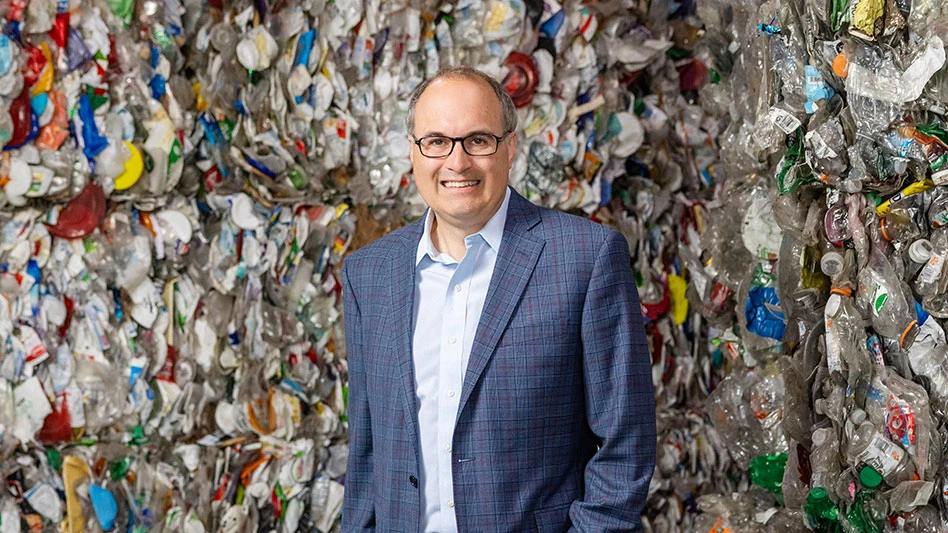 Germany-based recycling equipment company Westeria Fördertechnik GmbH has redesigned its line of pusher plate bins to ensure the axial center bars will always be retained. The bins, designed as proportioning or feed bins, are used as a preliminary stage in recycling and waste sorting and treatment processes, feeding materials downstream at a continuous, controlled flow.
Germany-based recycling equipment company Westeria Fördertechnik GmbH has redesigned its line of pusher plate bins to ensure the axial center bars will always be retained. The bins, designed as proportioning or feed bins, are used as a preliminary stage in recycling and waste sorting and treatment processes, feeding materials downstream at a continuous, controlled flow.
The company says the newly designed bin walls are built “to ensure maximum useful inside width and volume.” Westeria Fördertechnik GmbH says a variety of sizes and capacities are available through its U.S. distributor eFACTOR3, based in Charlotte, N.C.
The company says the consistent metering of material to downstream equipment is a main advantage of the pusher plate bins. Previously, push bars had to be aligned on site during the assembly to ensure the tightness of the system. According to Westeria, the redesigned bars now available for its movable floors are designed and manufactured so the axial center will always be retained.
Additional features of the new plate bins include a sealing system between the bars, the use of rotary drum feeders at the end of the push path and the step-less speed adaptation of the motor with low noise emissions. These technical refinements go along with a low-wear steel structure designed to be rugged. The structure can be adapted to any subgrade, ensuring access for trucks or wheel loaders at any time if the ground surface is smooth.
More information about Westeria’s new pusher plate bins and their availability in the U.S. market can be found at www.efactor3.com.






